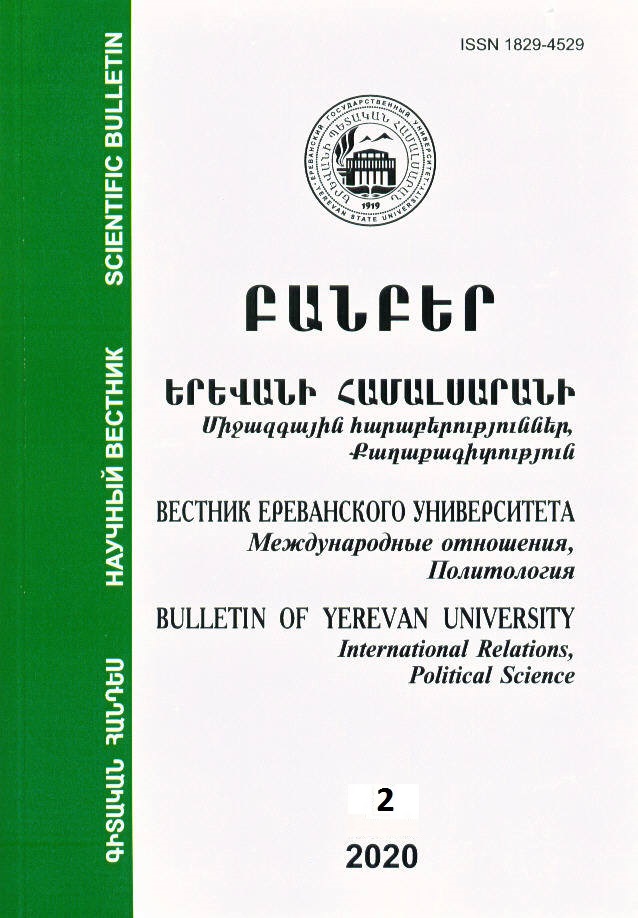The Formation of the Modern Concept of “Soft Power” in Political Science
Keywords:
soft power, hard power, concept, foreign policy, culture, values, society, international relations, world policy, influenceAbstract
Harvard University Professor Joseph Nye first revealed the concept of “soft power” which he describes as an ability of a state to form preferences of other actors of world policy using its attractiveness for them. This is connected with culture, political values, and the foreign policy of the USA. It is becoming obvious that the efficiency of using military forces is substantially limited, and the need for states to increase their influence cannot fully be realized. Ideas that in their essence are close to “soft power”, appeared long before American political scientists started the discussion of the concept. It is necessary to pay attention to the works of G. Morgenthau, E. Carr, the Italian Marxist philosopher A.Gramsci, and others. Such concepts include the “concept of seduction” by J.Baudrillard, as well as the “concept of seduction” by Gilles Lipovetsky. Following John Hiring, researchers from different countries have made “soft power” the subject of their research. However, their positions concerning this concept are far from being unambiguous, and sometimes contradictory. An important rethinking
about “soft power” is the Chinese school of research of this phenomenon. Chinese researchers point to the historical roots of the idea of “soft power”, which can be found in the country’s history, and that this concept is harmony and naturalness for Chinese society.

